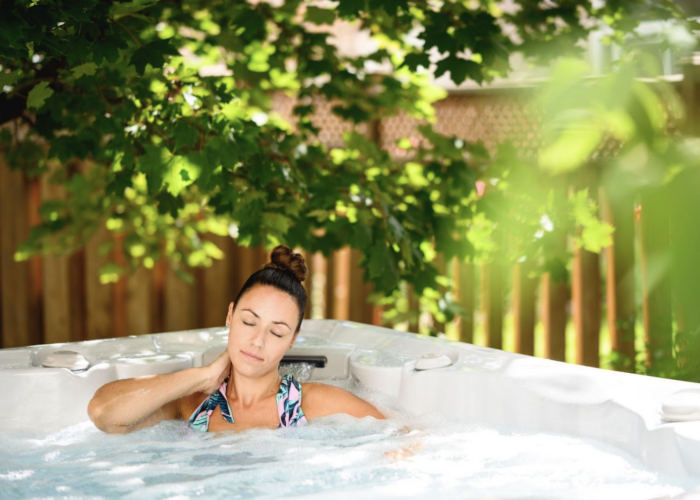Hot tub health impact research
Mature hot tub volunteers are being enticed to help researchers in Portsmouth evaluate whether frequent hot water therapy could be beneficial for older adults to improve their health and wellness.
New research as part of study by Portsmouth University’s School of Psychology, Sport and Health Sciences will explore hot water immersion as a relaxing alternative to traditional exercise for improving health in older adults. The study has received approval from the University’s Ethics Committee, and all data will be treated with strict confidentiality.
The study will focus on investigating whether hot tub use might enhance cardiovascular, cognitive, and muscle function, providing potential benefits similar to those of exercise. Non-invasive tests and blood samples will also be taken to measure different biochemical markers related to health.
“Frequent exercise is known to significantly improve health, but many people find it difficult to follow exercise routines,” divulged PhD student researcher Daniel Piccolo, from the University’s School of Psychology, Sport and Health Sciences.
“Growing evidence suggests that passive heating, such as hot water immersion or saunas, can offer similar benefits, thanks to a rapid rise in body temperature. However, most research to date has focused on younger people, leaving questions about its impact on older adults.
“This study aims to determine if similar health benefits can be achieved in individuals aged 55 and older.”
Along with being open to all genders, including University staff and the general public, the eligible criteria for volunteers includes having to be aged 55 and older, be free from serious cardiovascular, metabolic, respiratory, or neurological conditions; a non-smoker, with a body mass index (BMI) between 18-35 kg/m².
Those chosen to participate in the research will be asked to sit in a hot tub with a temperature of 40°C for 60 minutes, approximately three times per week, during a six-week period. Researchers will then assess the effects of these sessions on various health markers, including cardiovascular function, cognitive abilities, muscle strength, balance, and walking capability.
“Participants should be generally healthy, without major cardiovascular or metabolic conditions such as type 2 diabetes,” explained Daniel.
“By expanding our understanding of passive heating, this study could offer a feasible and enjoyable alternative to exercise for older adults.”
If you are interested in participating or want to learn more about the research, contact Daniel Piccolo at: daniel.piccolo@port.ac.uk.








